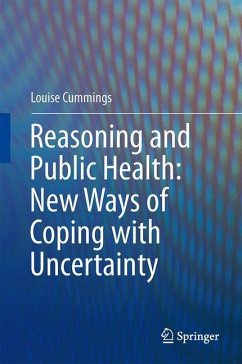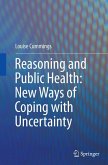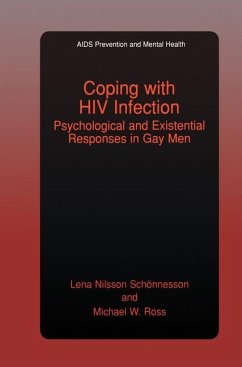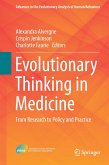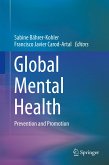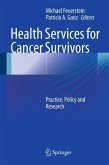This book argues that in order to be truly effective, public health must embrace a group of reasoning strategies that have traditionally been characterized as informal fallacies. It will be demonstrated that these strategies can facilitate judgements about complex public health issues in contexts of uncertainty.
The book explains how scientists and lay people routinely resort to the use of these strategies during consideration of public health problems. Although these strategies are not deductively valid, they are nevertheless rationally warranted procedures. Public health professionals must have a sound understanding of these cognitive strategies in order to engage the public and achieve their public health goals.
The book draws upon public health issues as wide ranging as infectious diseases, food safety and the potential impact on human health of new technologies. It examines reasoning in the context of these issues within a large-scale, questionnaire-based survey of nearly 900 members of the public in the UK. In addition, several philosophical themes run throughout the book, including the nature of uncertainty, scientific knowledge and inquiry.
The complexity of many public health problems demands an approach to reasoning that cannot be accommodated satisfactorily within a general thinking skills framework. This book shows that by developing an awareness of these reasoning strategies, scientists and members of the public can have a more productive engagement with public health problems.
The book explains how scientists and lay people routinely resort to the use of these strategies during consideration of public health problems. Although these strategies are not deductively valid, they are nevertheless rationally warranted procedures. Public health professionals must have a sound understanding of these cognitive strategies in order to engage the public and achieve their public health goals.
The book draws upon public health issues as wide ranging as infectious diseases, food safety and the potential impact on human health of new technologies. It examines reasoning in the context of these issues within a large-scale, questionnaire-based survey of nearly 900 members of the public in the UK. In addition, several philosophical themes run throughout the book, including the nature of uncertainty, scientific knowledge and inquiry.
The complexity of many public health problems demands an approach to reasoning that cannot be accommodated satisfactorily within a general thinking skills framework. This book shows that by developing an awareness of these reasoning strategies, scientists and members of the public can have a more productive engagement with public health problems.

